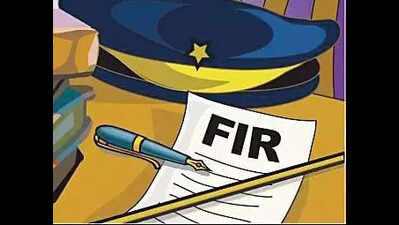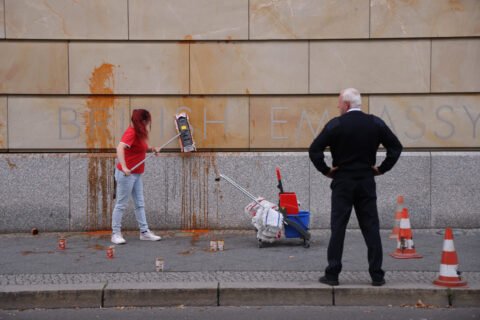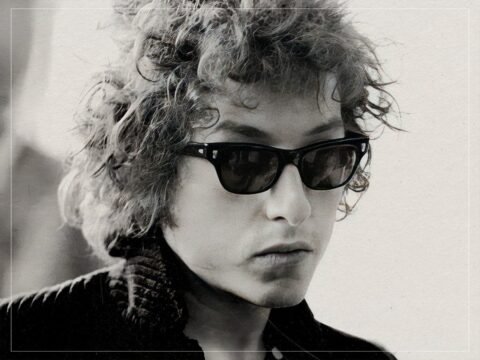Mumbai: The magistrate court rejected the Tardeo police closure report regarding the sale of counterfeit paintings of renowned artists, including M F Husain and Jamini Roy, valued at Rs 17.9 crore to a businessman using fraudulent documentation. The court ordered further investigation against art dealer Rajesh Rajpal and solicitor Vishwang Desai after rejecting the police closure report that termed the dispute as of ‘civil nature’ since the accused returned Rs 2.2 crore to the complainant.
The FIR was registered by the Tardeo police on the complaint of the India head of the US-based private equity firm TPG Capital, who alleged purchasing fake paintings worth Rs 17.9 crore. The complainant, Puneet Bhatia, told the police that he bought a total of 11 paintings of various painters, including M F Husain and S H Raza. After Bhatia’s friends told him the paintings appeared to be fake, he approached a private agency, which upon inspection informed him that the signatures on the paintings were fake, leading to the police case.
Bhatia submitted to the court that the investigation was not done properly while opposing the closure report; therefore, he wanted further investigation. The police informed the court that the complainant did not produce the disputed (counterfeit) paintings before them for proper investigation. “Considering the facts and circumstances, the ‘C’ summary is rejected,” the court said. The closure report overlooked forensic evidence. The forensic analysis showed signature discrepancies between M F Husain certificates provided to the complainant and authentic specimen signatures. Additionally, the police allegedly failed to consider late Subroto Banerjee’s (Ex-IAS Officer) complaint against Rajpal and Desai, stating he never purchased a 100 rupees stamp paper, not issued provenance certificates, nor received payment for any painting from the two, asserting his signatures were forged.
The investigation concerned fraudulent artwork trading, creation of false authenticity certificates, cash transactions, and the involvement of prominent art galleries in the scheme. The alleged scheme involved a South Mumbai art gallery, the corporate lawyer, and bullion traders who sold fake artworks as genuine pieces, with payments processed through hawala channels. Based on the police case, the ED had initiated a money laundering investigation and had conducted searches at the premises of Rajpal and Desai last year.
Mumbai: The magistrate court rejected the Tardeo police closure report regarding the sale of counterfeit paintings of renowned artists, including M F Husain and Jamini Roy, valued at Rs 17.9 crore to a businessman using fraudulent documentation. The court ordered further investigation against art dealer Rajesh Rajpal and solicitor Vishwang Desai after rejecting the police closure report that termed the dispute as of ‘civil nature’ since the accused returned Rs 2.2 crore to the complainant.
The FIR was registered by the Tardeo police on the complaint of the India head of the US-based private equity firm TPG Capital, who alleged purchasing fake paintings worth Rs 17.9 crore. The complainant, Puneet Bhatia, told the police that he bought a total of 11 paintings of various painters, including M F Husain and S H Raza. After Bhatia’s friends told him the paintings appeared to be fake, he approached a private agency, which upon inspection informed him that the signatures on the paintings were fake, leading to the police case.
Bhatia submitted to the court that the investigation was not done properly while opposing the closure report; therefore, he wanted further investigation. The police informed the court that the complainant did not produce the disputed (counterfeit) paintings before them for proper investigation. “Considering the facts and circumstances, the ‘C’ summary is rejected,” the court said. The closure report overlooked forensic evidence. The forensic analysis showed signature discrepancies between M F Husain certificates provided to the complainant and authentic specimen signatures. Additionally, the police allegedly failed to consider late Subroto Banerjee’s (Ex-IAS Officer) complaint against Rajpal and Desai, stating he never purchased a 100 rupees stamp paper, not issued provenance certificates, nor received payment for any painting from the two, asserting his signatures were forged.
The investigation concerned fraudulent artwork trading, creation of false authenticity certificates, cash transactions, and the involvement of prominent art galleries in the scheme. The alleged scheme involved a South Mumbai art gallery, the corporate lawyer, and bullion traders who sold fake artworks as genuine pieces, with payments processed through hawala channels. Based on the police case, the ED had initiated a money laundering investigation and had conducted searches at the premises of Rajpal and Desai last year.






